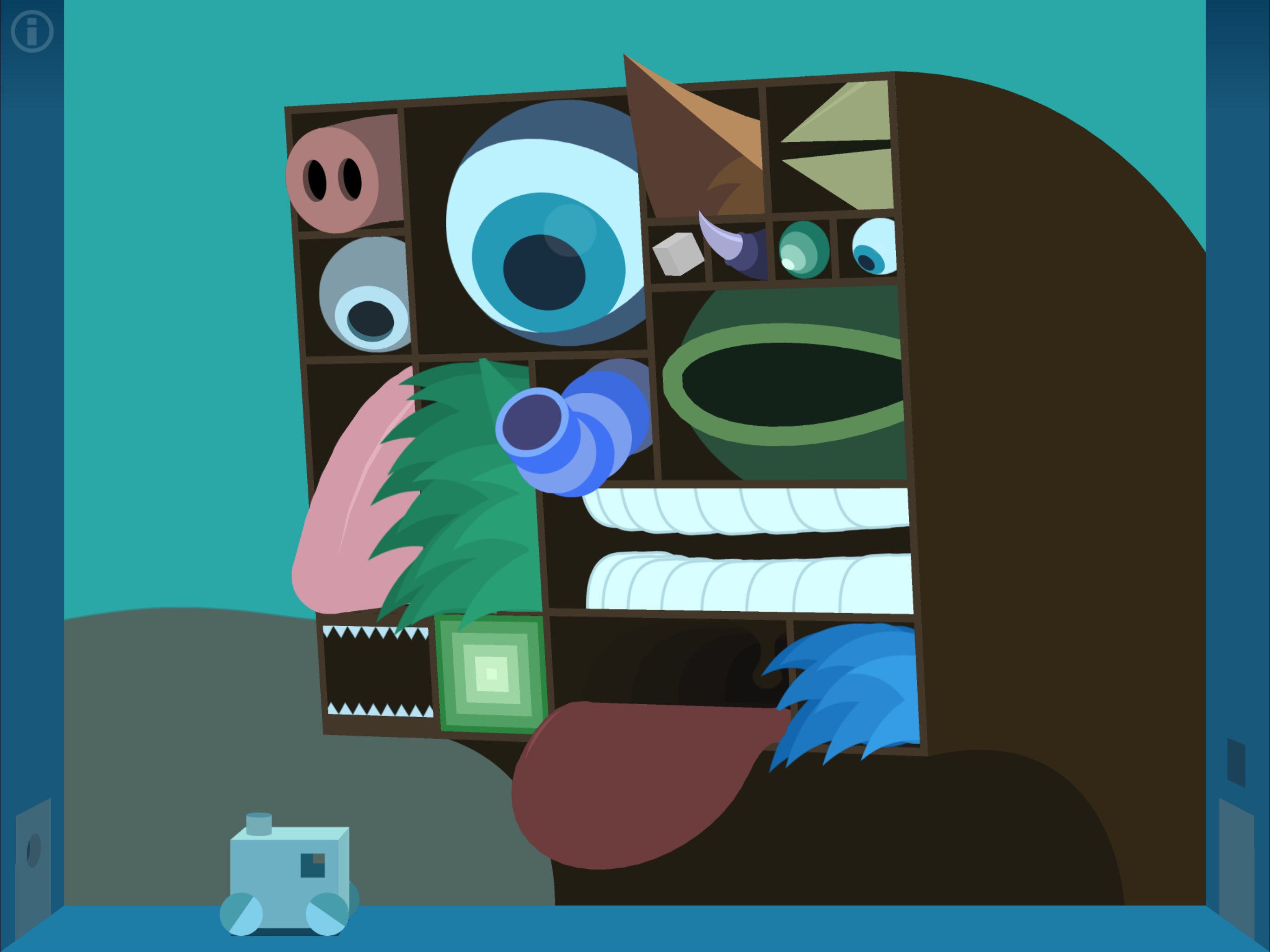Thing is, none of them are about the absolute best thing about Transformers, which is the toys themselves. Robots that transform into vehicles, cassette players, animals, differently shaped robots and even buildings (take THAT, Tom Hanks) is a bloomin’ brilliant concept to start with, and they’re just loads of fun to play with. Taking what can be a perfectly normal looking toy car and converting it to a (usually) humanoid robot with a few twists and turns is so satisfying, especially if you can figure it out for yourself. Unfortunately, this particular pleasure is getting harder and harder to come by. Modern Transformers toys tend to be much more complicated than their earliest incarnations, especially those produced with adult collectors in mind. And with the fancier examples costing hundreds of pounds and featuring some rather delicate parts, you can’t blame anyone for taking a gander at the instructions rather than risk breaking their new Haslab Unicron. Look that one up, if you don’t know what I’m talking about. It’s six hundred quid and the size of a small child. I’ll wait. Figuring out how to transform cleverly designed, visually appealing objects of escalating complexity sounds like a brilliant puzzle game to me. You get your Transformer in their vehicle, or whatever, mode and you have to click or tap away at it, shifting and rotating parts until you have the finished robot. Chuck in a photo mode and the ability to pose your collection and job’s a good’un. It’s not like this sort of thing doesn’t have precedent. I’m enormously fond of The Room (the game, not the movie, or the other movie, or any number of other things, according to the disambiguation page on Wikipedia) and its sequels because they take the experience of those wonderful, hand-crafted, exceedingly expensive puzzles you can watch other people solve on Youtube and transfer it to a more accessible medium. A Transformers transform-em-up could do the same thing, introducing people to the joys of toys that are otherwise too expensive, rare or fragile. Certain older toys have been known to literally crumble to dust, thanks to the dreaded “gold plastic syndrome” so a form of digital preservation would be very welcome indeed. Sure, it’s never going to measure up to the tactile pleasures of the real thing, but when has that ever been a problem for video games? No-one struts around telling racing game aficionados that they should just buy a bunch of real supercars. Silly idea anyway. Who’d want to buy a car that doesn’t turn into a robot?
